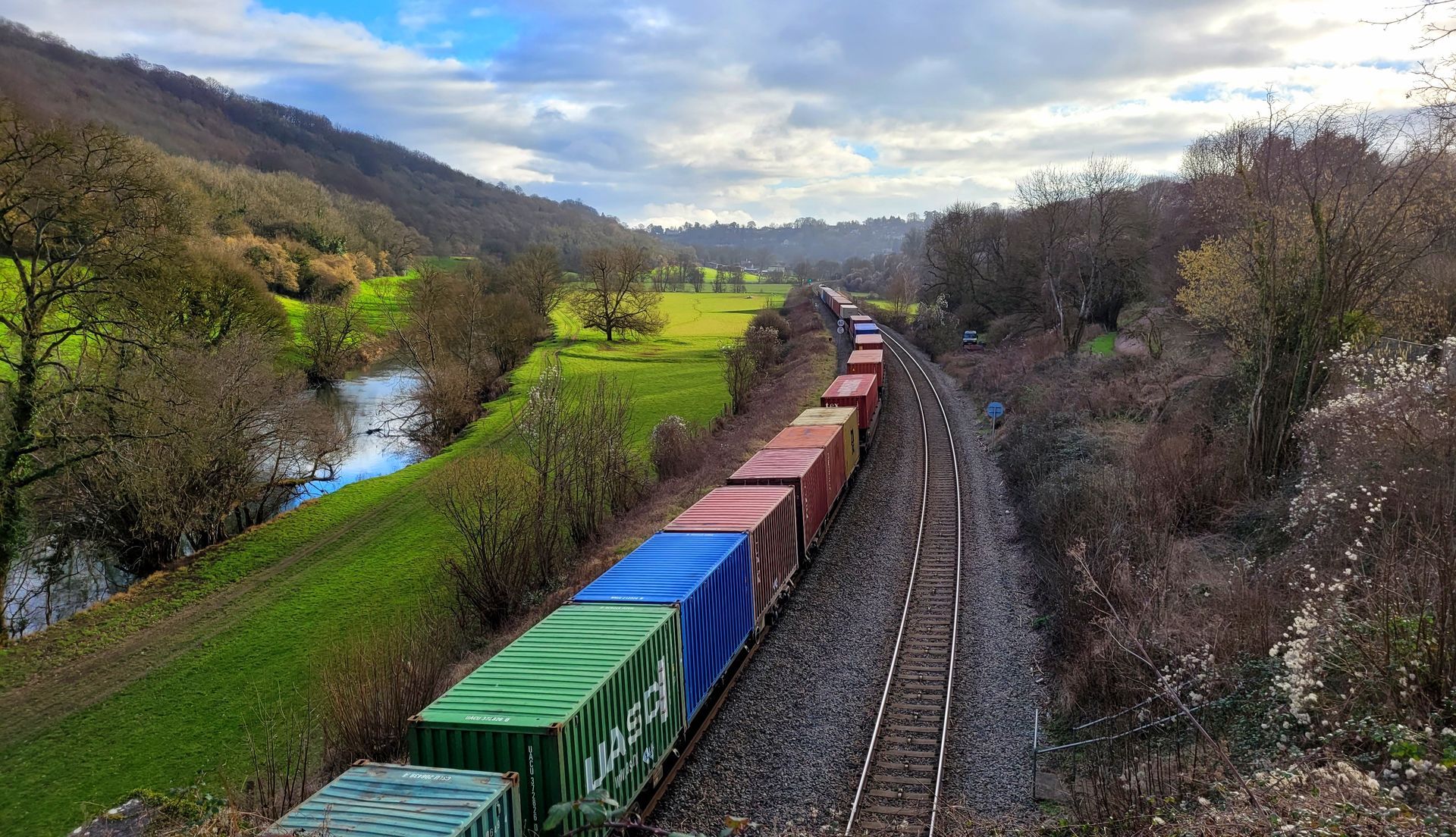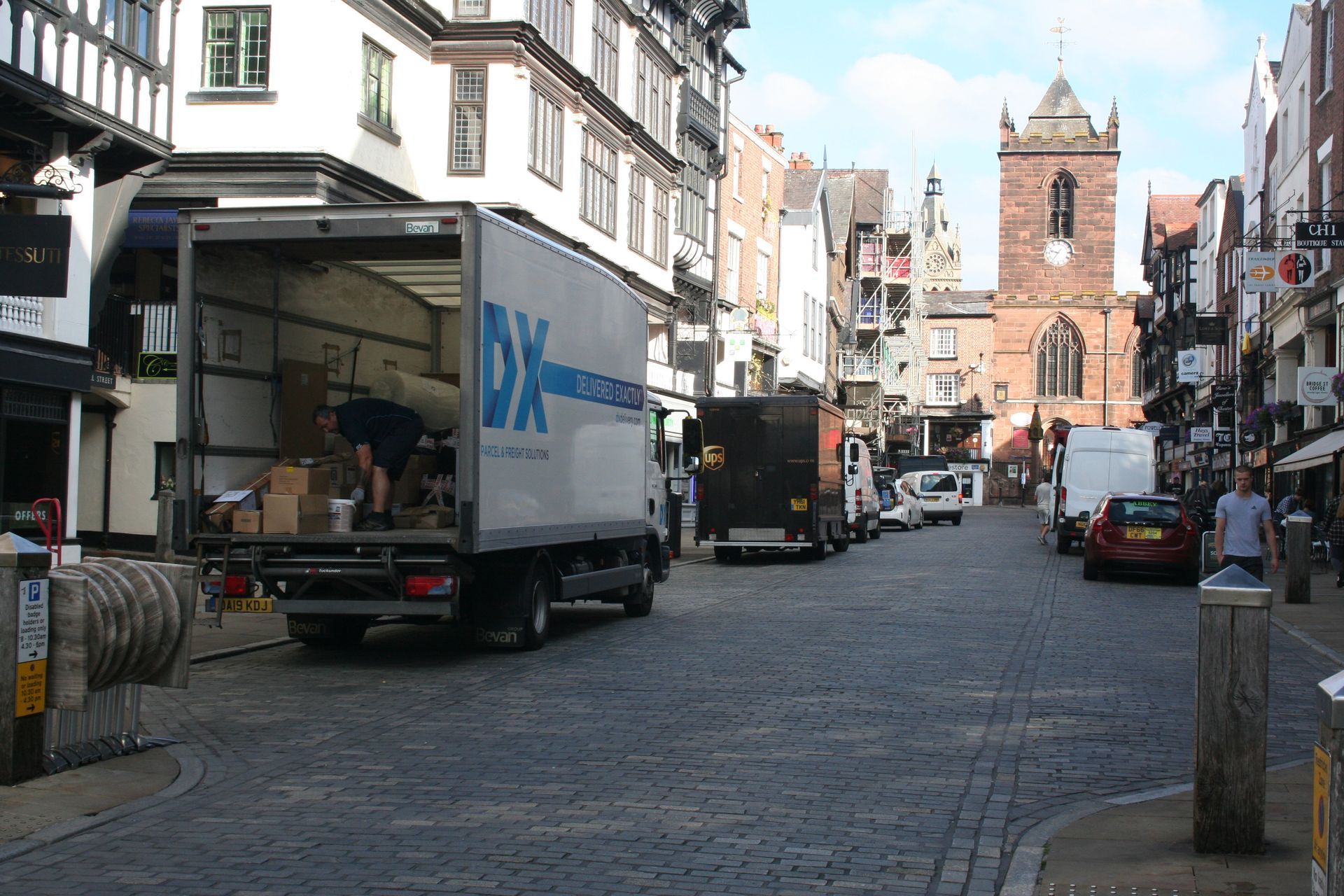VIEWPOINT



SERVICES
Public Policy Analysis
National, Regional and Local Freight Strategies
We develop innovative strategies for the public sector to work with the freight and logistics sector to reduce industry costs, create wealth and employment and increase sustainability across whole countries, regions or at a local level, based on the development of scenarios with modelled outputs.
Approach
- Building on a robust evidence base: focus on freight movements, origins and destinations of freight and key freight infrastructure owned by the public and private sectors.
- Taking account of stakeholders concerns: consultation with key users and providers of freight transport services and infrastructure to determine their existing plans, as well as with local communities and public bodies.
- Scenarios: develop and appraise packages of options for infrastructure schemes and policy measures.
- Quantifying economic benefits: model benefits for business and society using the GB Freight Model and other modelling techniques.
Outcome
A strategy with an action plan supported by quantified economic benefits, with specified schemes and policy measures to be taken forward by the public sector in partnership with industry across the region or nationwide.
Modelling
We help you to understand the impact on the freight and logistics industry of changes in policy and in market conditions by using established modelling techniques based on sound data and an understanding of industry costs. As well as the capability to develop bespoke models to address your particular requirements, MDS has an array of existing transport models including:
- The Great Britain Freight Model (GBFM), which models the demand for multimodal freight transport in Great Britain.
- The Container Business Model (CBM), which models the financial position of the global container shipping industry.
- The European Container Port Demand Model (ECPDM), which models the demand for traffic through European container ports on a door-to-door basis.
- The End-to-End Container Cost Model (E2ECCM), which models the costs of individual container shipping services.
Approach
- Building on a robust evidence base: baseline model is calibrated to official data sources to ‘explain’ the existing position in terms of freight operating costs and revenues.
- Understanding the impact of change: Develop future scenarios by translating policy and market change into costs and revenues for the freight and logistics industry.
- Interpreting the results: Analysing the results to highlight the meaning of the model outputs.
- Quantifying economic costs and benefits: Providing the costs and benefits for business and society.
Outcome
A quantified view of the future is then possible; supported by data and an interpretation of its meaning for both policy-makers and businesses.
Research
We provide a robust evidence base to maximise the quality of your policy-making in the freight and logistics sector.
Approach
- Building on a robust evidence base: analysis of freight data with a focus on the economic drivers and the origins and destination of freight activity and developing an accurate ‘picture’ of the relevant markets.
- Focusing on policy: analysis of relevant policy at a European, national and sub-regional level.
- Focusing on trade: analysis of international trade and its significance for freight movements.
- Consulting stakeholders: on-line surveys, face-to-face and telephone interviews, workshops and seminars.
Outcome
A greater understanding of the freight and logistics sector and its impacts, provides a sound basis for more effective policy-making.
Appraisal
We quantify the benefits and costs to both business and society of your policy towards, or investment in, the freight and logistics sector.
Approach
- Developing the ‘long list’: produce a list of freight policies and investments that address the relevant policy objectives.
- Developing the framework: produce an appraisal framework for freight policies and investments taking into account the relevant policy objectives and priorities.
- Sifting the ‘long list’: use the appraisal framework to evaluate the freight policies and investments based on consistent and objective criteria.
- Modelling the impacts: quantifying impacts in terms of industry and societal costs and benefits.
- Recommending priorities: use the evidence to come to robust and independent conclusions on priorities or preferred options.
Outcome
Quantified appraisal of public policy and investments with robust evidence to support conclusions and recommendations for priorities or preferred options.
Competition
We define the relevant freight and maritime transport market, establish market size and market shares and assess the impact on competition.
Approach
- Define the market and analyse existing market shares, based on specialist knowledge of the relevant freight, shipping and trade data sources.
- Analysis of the potential impact of a transaction based on economic modelling of the relevant market.
- Prepare economic evidence for the competition authorities based on robust analysis of the data.
- Work in partnership with competition lawyers.
Outcome
A robust evidence base supports the competition arguments in the specialised freight and maritime transport sector.
Policy development
We quantify and compare the impact of different policy options based on an in-depth understanding of the freight and logistics markets.
Approach
- Provide analysis of the relevant freight markets.
- Review existing policy measures.
- Advise on future policy options.
- Carry out stakeholder consultation or freight industry behavioural research.
- Develop ‘Do Nothing’ or ‘Do Minimum’ scenarios to test against future policy options.
- Complete modelling of impacts of policy options in terms of industry and societal costs.
- Carry out cost-benefit analysis.
- Recommend a preferred option.
Outcome
Quantified analysis of policy options, supported by the results of stakeholder consultation and industry research.
Funding
We develop compelling business cases and applications for public sector funding for freight transport projects, whether to develop new infrastructure or launch a new service.
Approach
- Check the project’s eligibility for funding against funding scheme criteria.
- Develop a plan to gather all the information required.
- Coordinate contributions and letters of support from project partners.
- Liaise with the funding body to maximise the chances of success.
- Complete market and feasibility studies to support the case for funding.
- Complete calculations of financial need and environmental benefits.
- Draft and submit the business case or application to the funding body.
- Provide advice during the grant negotiation process.
Outcome
Funding for the project in the form of a grant to develop new infrastructure or launch a new service.
